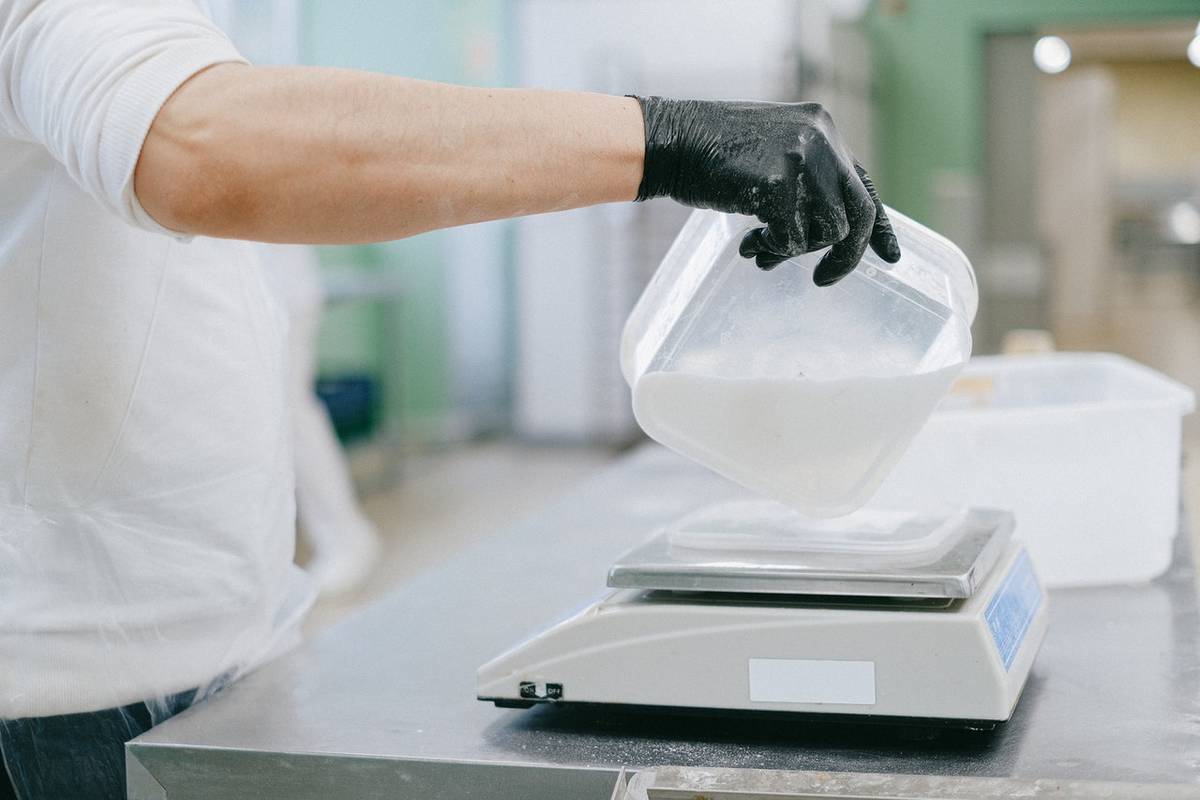Last Updated on July 7, 2024 by Team Experts
Weighing scales are essential devices found in homes and businesses across Australia. While you may be more familiar with bathroom scales—used to measure a person’s weight—there are many specialised options used within specific industries.
For example, if you work in jewellery production, you might use a small weighing scale to measure a jewel’s weight. Weighing scales are also popular in the food industry for packing, distributing, and selling the correct product amounts.
In this article, we’ll discuss the different kinds of weighing scales available on today’s market, helping you decide which option is best for your business.
1. Bench Scales
Bench scales are widely commercially available and commonly used in industries where safe, accurate measuring is paramount. They’re also known as platform scales or bench weighing scales.
Identifying bench scales is all in the name—you’ll find them sitting on top of counters or workbenches. These scales are usually on the smaller side, perfect for weighing small materials such as food products.
Bench scales come in a broad range of models with different prices, sizes, designs, and weighing capacities. Most bench scales weigh up to 100 kilograms, but industrial models with capacities of up to 300 kilograms are also available.
Today’s bench scales typically feature a digital display and a stainless steel finish for easy cleaning.
We suggest choosing a bench scale if you need a food-safe and easy way to measure the weight of small objects.
2. Hanging Scales
Hanging scales are typically suspended from the ceiling or another object with a hook or strap. To weigh an object with a hanging scale, simply hang it on the hook (or place it in a bowl attached to said hook).
Hanging scales are among the oldest measuring tools on the market and often come in analogue models, although digital hanging scales are also available. You’re probably familiar with the analogue hanging scales used for weighing produce at supermarkets.
Many businesses use digital hanging scales for quickly measuring a large object’s weight. Some modern models also offer extra weighing modes, like display hold and counting capabilities.
Crane scales are a popular type of hanging scale used in industries such as farming and agriculture. They’re fantastic for weighing objects that are too large or weighty for traditional platform scales.
Choose a hanging scale if you need a quick, safe, and easy way to measure large, oddly-shaped, or heavy objects.
3. Counting Scales
Counting scales do more than determine an object’s weight—they can also identify how many objects you place on the scale. These are incredibly handy in industries where large numbers of objects need to be counted, and the risk of human error is high.
You can also often pre-set a number to manage overweighing, under weighing, and counting errors.
If you work with objects like screws, pills, coins, and other small components, your business could benefit from a counting scale.
So, what type of scale is best for your business?
The type of scale you choose will depend on the size, type, and weight of objects your business needs to measure. Bench scales are great for quickly weighing small objects, counting scales can help you count large numbers of items, and hanging scales are best for larger, heavier objects.
Also read about: How the Latest Technology Can Be Helpful in Ghost Hunting
